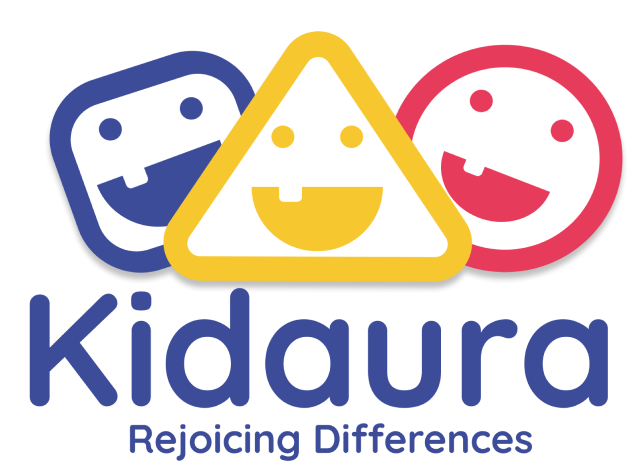Helping parents advocate for their child's condition
Published by Madhushree
a year ago
Being a parent comes with a unique set of challenges, and when your child has a developmental disorder or condition, navigating the world can become even more complex. However, you are not alone. As a parent, you have the power to be your child's greatest advocate, ensuring they receive the support and resources they need to thrive. In this blog post, we will provide you with valuable insights and practical tips to help you effectively advocate for your child's developmental disorder or condition.
Educate yourself
To become an effective advocate, the first step is to educate yourself about your child's developmental disorder or condition. Research and gather information from reputable sources such as medical professionals, support groups, and reliable websites. Understanding the nature of your child's condition, its symptoms, and potential treatment options will empower you to make informed decisions and communicate effectively with healthcare providers, educators, and other professionals.
Support groups
Surrounding yourself with a strong support network is crucial when advocating for your child. Connect with other parents who have similar experiences through local support groups or online communities. They can offer invaluable insights, guidance, and emotional support. Additionally, establish good relationships with your child's healthcare providers, therapists, and educators. They can provide professional advice, share resources, and become important allies in your advocacy journey.
Collaborate with professionals
Your child's healthcare providers, therapists, and educators are key stakeholders in their development. Collaborate with them to create an individualized plan that addresses your child's specific needs. Attend meetings, ask questions, and actively participate in decision-making processes. Remember, you are an expert on your child, and your insights are valuable. Share observations about your child's progress and challenges to ensure a comprehensive understanding of their needs.
Understand about the rights and laws
Familiarize yourself with the rights and resources available to children with developmental disorders or conditions. Research local and national laws that protect your child's rights to appropriate education, healthcare, and community services. Investigate programs such as Early Intervention, Individualized Education Programs (IEPs), and government assistance that can provide financial support or additional resources. Understanding your rights empowers you to advocate effectively and access the necessary services and support for your child.
Effective communication
Clear and effective communication is vital when advocating for your child. Maintain open lines of communication with your child's healthcare providers, therapists, educators, and other relevant professionals. Be prepared for meetings, write down your questions and concerns, and take notes during discussions. Clearly express your child's strengths, challenges, and needs, ensuring that your message is heard and understood. Remember to be respectful, yet assertive, in advocating for your child's best interests.
Advocating for your child's developmental disorder or condition may seem daunting, but with knowledge, support, and perseverance, you can make a significant difference in their lives. By educating yourself, building a support network, collaborating with professionals, understanding your rights and resources, and practicing effective communication, you will become a powerful advocate for your child, empowering them to reach their fullest potential.
Share via

© 2019-2024 Kidaura, All Rights Reserved




